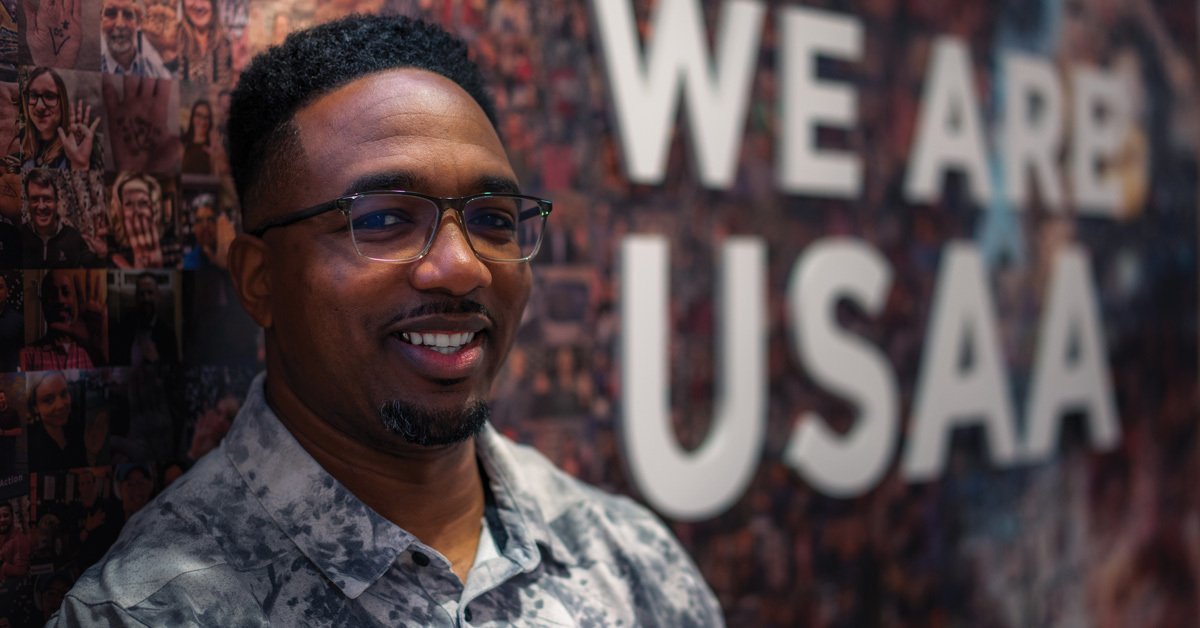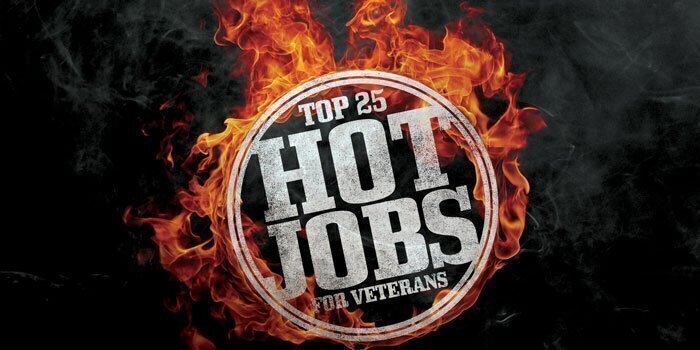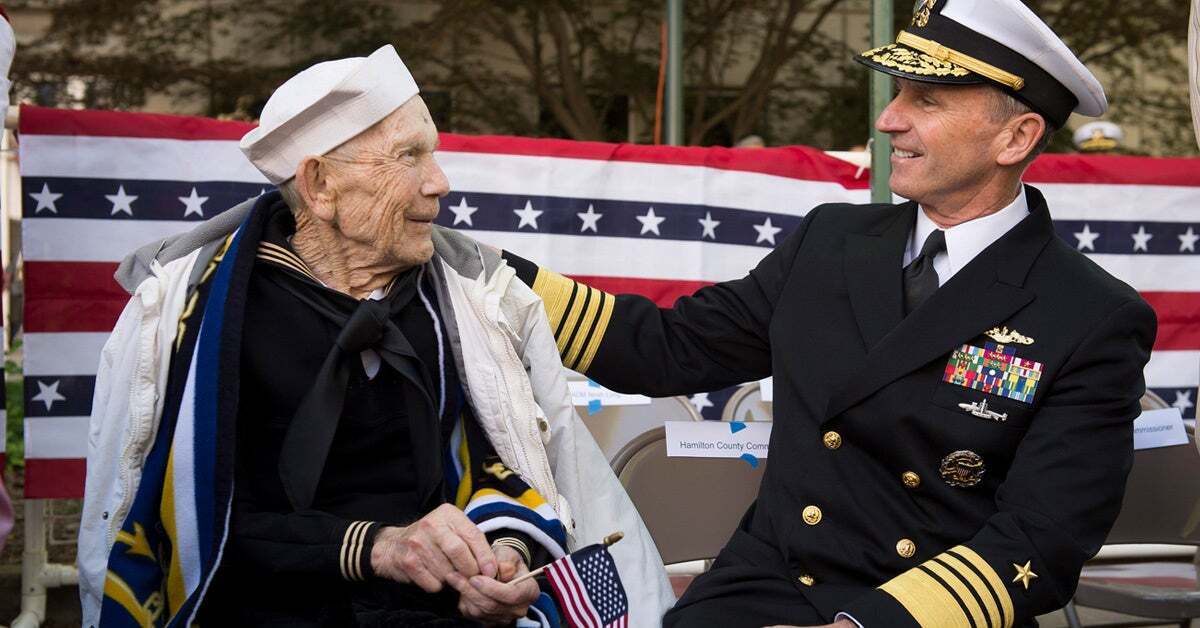
Top 4 Things TAP Class Didn’t Teach You
There I was—four-year contract fulfilled, gear turned in, terminal leave submitted. All that stood between me and civilian freedom was one more round of mandatory

There I was—four-year contract fulfilled, gear turned in, terminal leave submitted. All that stood between me and civilian freedom was one more round of mandatory

NCO still in the fight with his civilian career at USAA.* Imagine if you could transition from the military into a civilian career that still

Open New Doors for Your Career with UC Online.

By Hailey Brindamour, American Corporate Partners Everyone knows that some things just pair perfectly together. Peanut butter and jelly; fall leaf peeping and pumpkin spice

By Dave Maurer It should be pretty obvious that transitioning service members (TSMs) are an invaluable resource to all of the military branches in attaining

Influencer Grant Khanbalinov channels social media to address mental health among veterans. Grant Khanbalinov is a social media influencer whose influence started in the Navy.

Chris Cassidy shares his inspirational life story from Navy SEAL to NASA… and beyond! Imagine opening the hatch of the International Space Station and looking

Don’t waste time applying to every job you see. Take a look at the top 25 best jobs for veterans in 2022 to sort through the most-in demand jobs this year!

A transition back into civilian life can pose a variety of difficult experiences for service members and their families. Besides figuring out next steps, you

It’s more than a Grunt Style t-shirt, those awful Oakleys, or an American flag ball cap — you know, the one with the IR patch